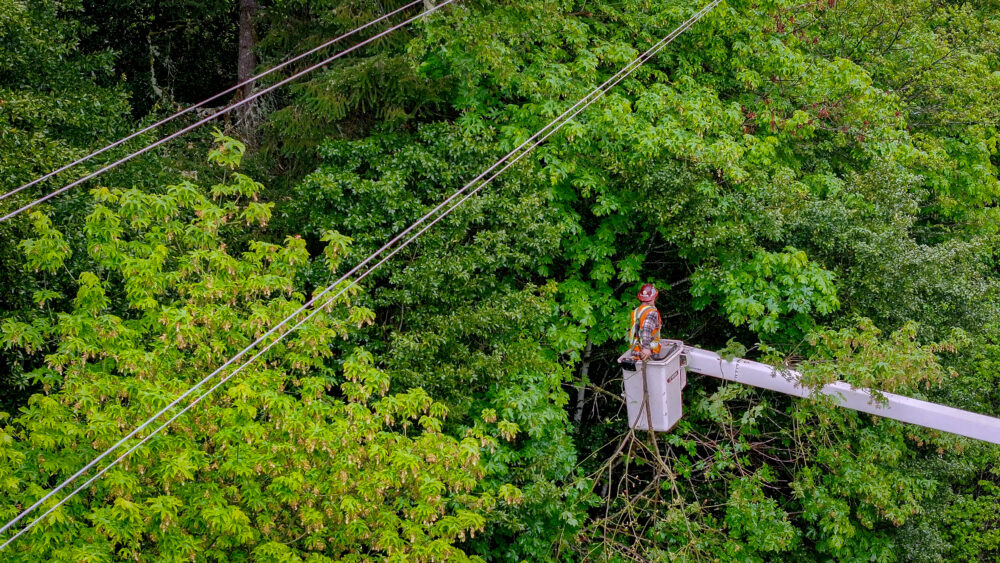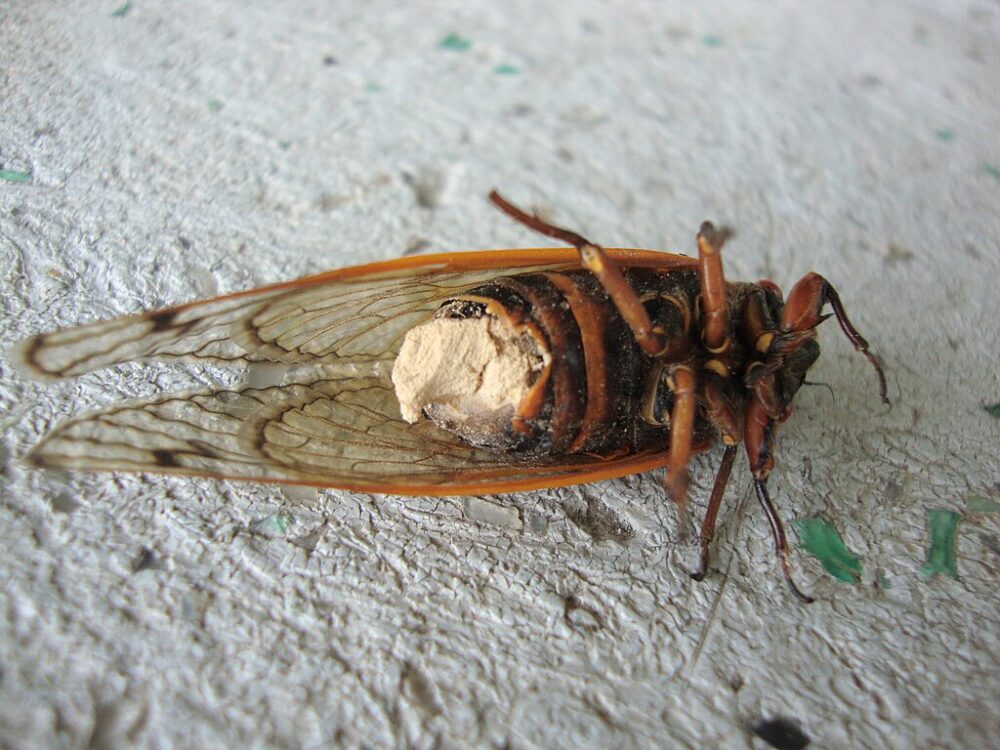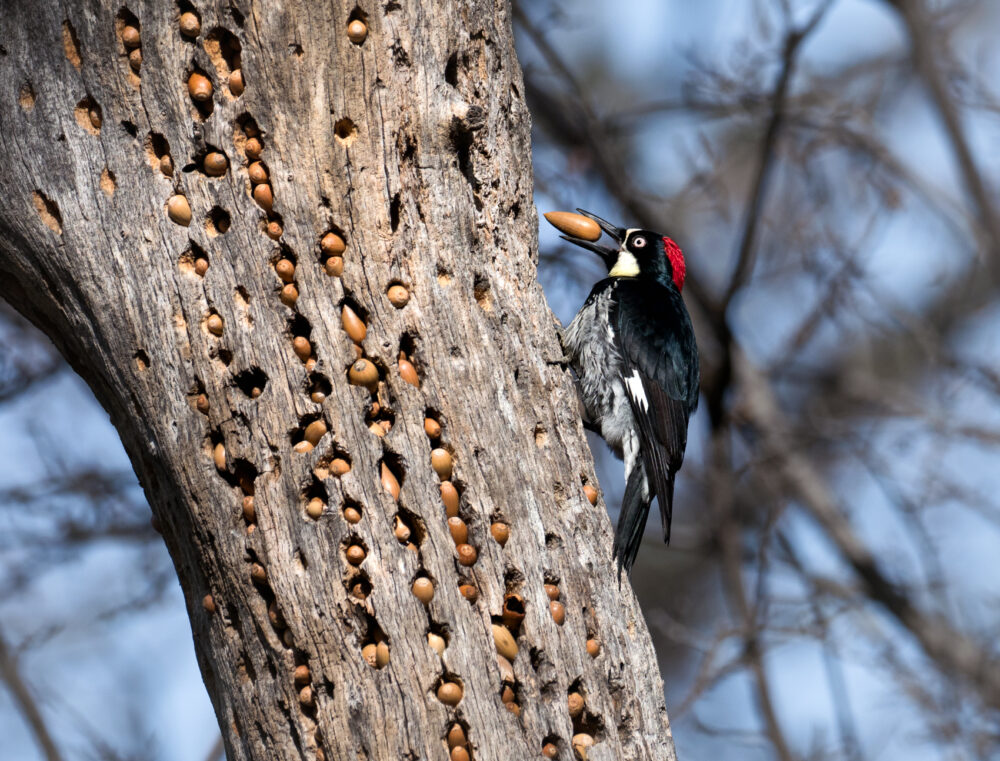We have much more to do and your continued support is needed now more than ever.
Weekly News Roundup – September 30, 2011
Want to know what National Wildlife Federation was up to this week? Here is a recap of the week’s NWF news:
Protecting Wildlife and a Way of Life: America’s Grasslands Conference [w/video]
 September 30 – America’s prairies, iconic grasslands that conjure up images of cowboys, Native Americans, wild horses and bison, are some of the most endangered ecosystems in the world. As they disappear, so does an American way of life, a western spirit of freedom, wilderness and connecting with nature.
September 30 – America’s prairies, iconic grasslands that conjure up images of cowboys, Native Americans, wild horses and bison, are some of the most endangered ecosystems in the world. As they disappear, so does an American way of life, a western spirit of freedom, wilderness and connecting with nature.
The National Wildlife Federation and South Dakota State University hosted a landmark event, America’s Grasslands: Status, Threats and Opportunities, in South Dakota to raise the national profile of our declining prairies. Participants came from all over the country, even representatives from South Africa, Mexico and Canada, to discuss the challenges for grasslands in North America.
Implementing a Vision: Longleaf Pine Ecosystem Restoration in South Carolina
September 30 – The South Carolina Wildlife Federation recently partnered with the National Wildlife Federation and the US Fish and Wildlife Service to assist in implementing the vision of the Range-wide Conservation Plan for Longleaf Pine ecosystems with the full spectrum of ecological, economic and social values. SCWF and NWF will work with land trusts in the areas surrounding the Francis Marion National Forest (FMNF) and will reach out to African American Leaders and landowners in the low country area to accelerate progress in longleaf pine conservation. SCWF and NWF project will utilize a mix of technical workshops, field days, public agency personnel including NRCS and consulting foresters.
Alarming New Study Documents BP Oil’s Impact on Gulf Ecosystem
 September 26 – A study published in the Proceedings of the National Academy of Sciences documents the effect of BP oil on the Gulf killifish. The minnow-like wetlands resident is a critical part of the Gulf’s food chain and was chosen for study by a team of researchers because of its abundance and sensitivity to any effects of toxic pollution. The study finds that oil exposure has altered the killifish’s cellular function in ways that are known to be predictive of developmental abnormalities, decreased hatching success, and decreased embryo and larval survival.
September 26 – A study published in the Proceedings of the National Academy of Sciences documents the effect of BP oil on the Gulf killifish. The minnow-like wetlands resident is a critical part of the Gulf’s food chain and was chosen for study by a team of researchers because of its abundance and sensitivity to any effects of toxic pollution. The study finds that oil exposure has altered the killifish’s cellular function in ways that are known to be predictive of developmental abnormalities, decreased hatching success, and decreased embryo and larval survival.
“This study is alarming because similar health effects seen in fish, sea otters, and harlequin ducks following the Exxon Valdez spill in Alaska were predictive of population impacts, from decline to outright collapse,” said Doug Inkley, senior scientist with the National Wildlife Federation.
And here are highlights from NWF in the News:
- Examiner: National Wildlife Federation hike and seek a success in Chicago
- CNN Money: U.S. to decide the Keystone XL pipeline’s fate
- The Herald-Palladium: How safe are our pipelines?
- Bloomberg BusinessWeek: FEMA policies in Puget Sound harm salmon
For more, visit www.nwf.org/News





















